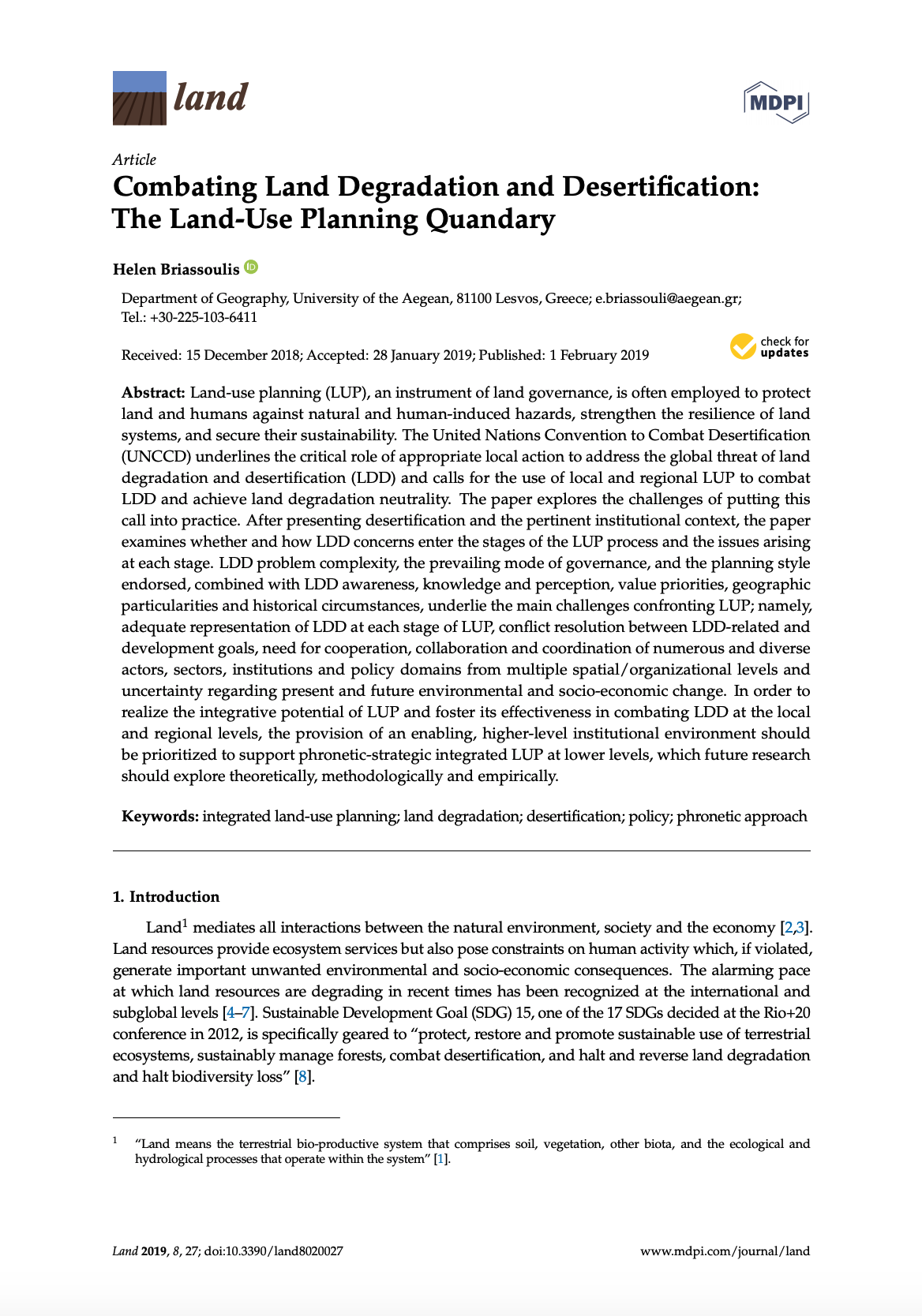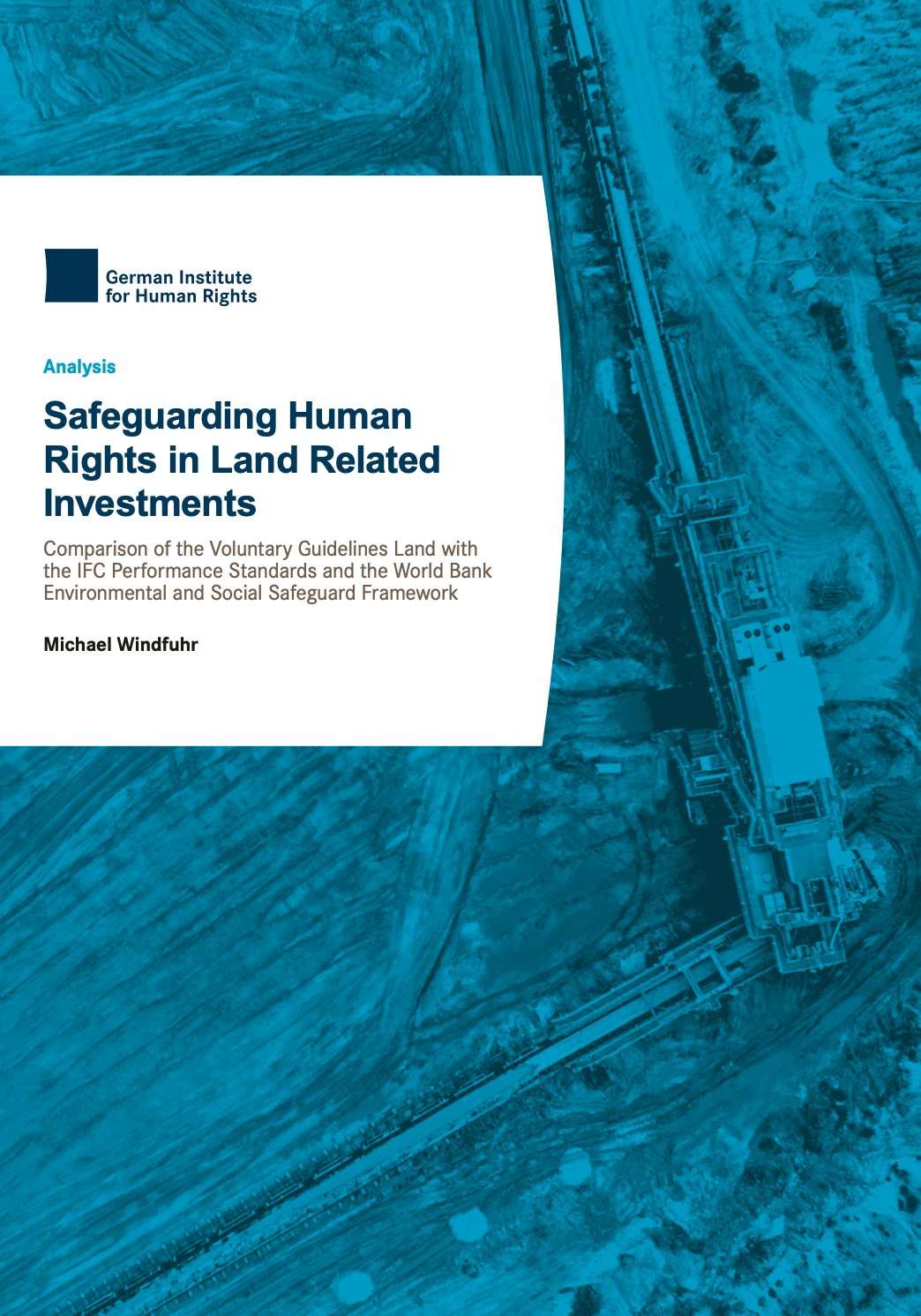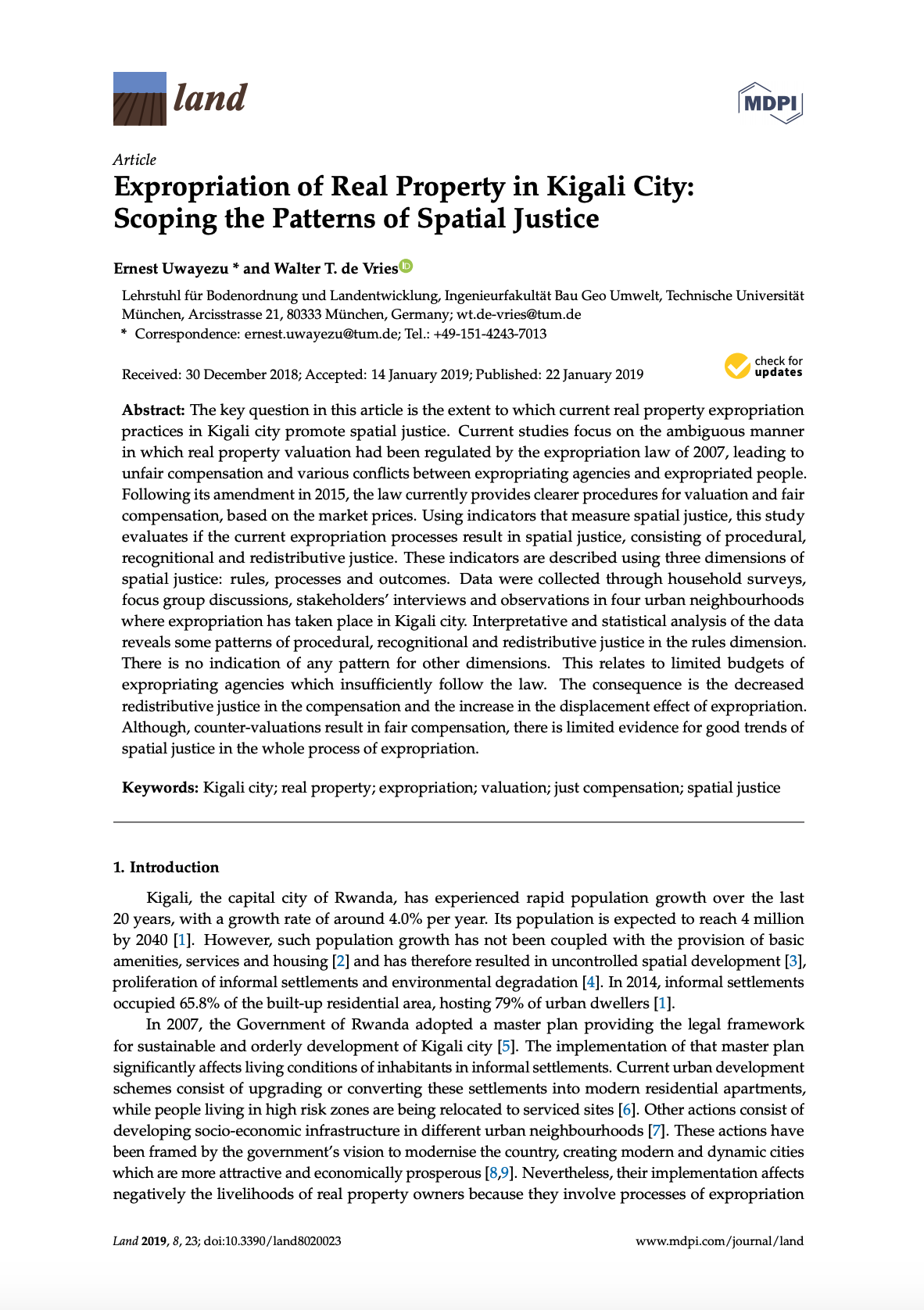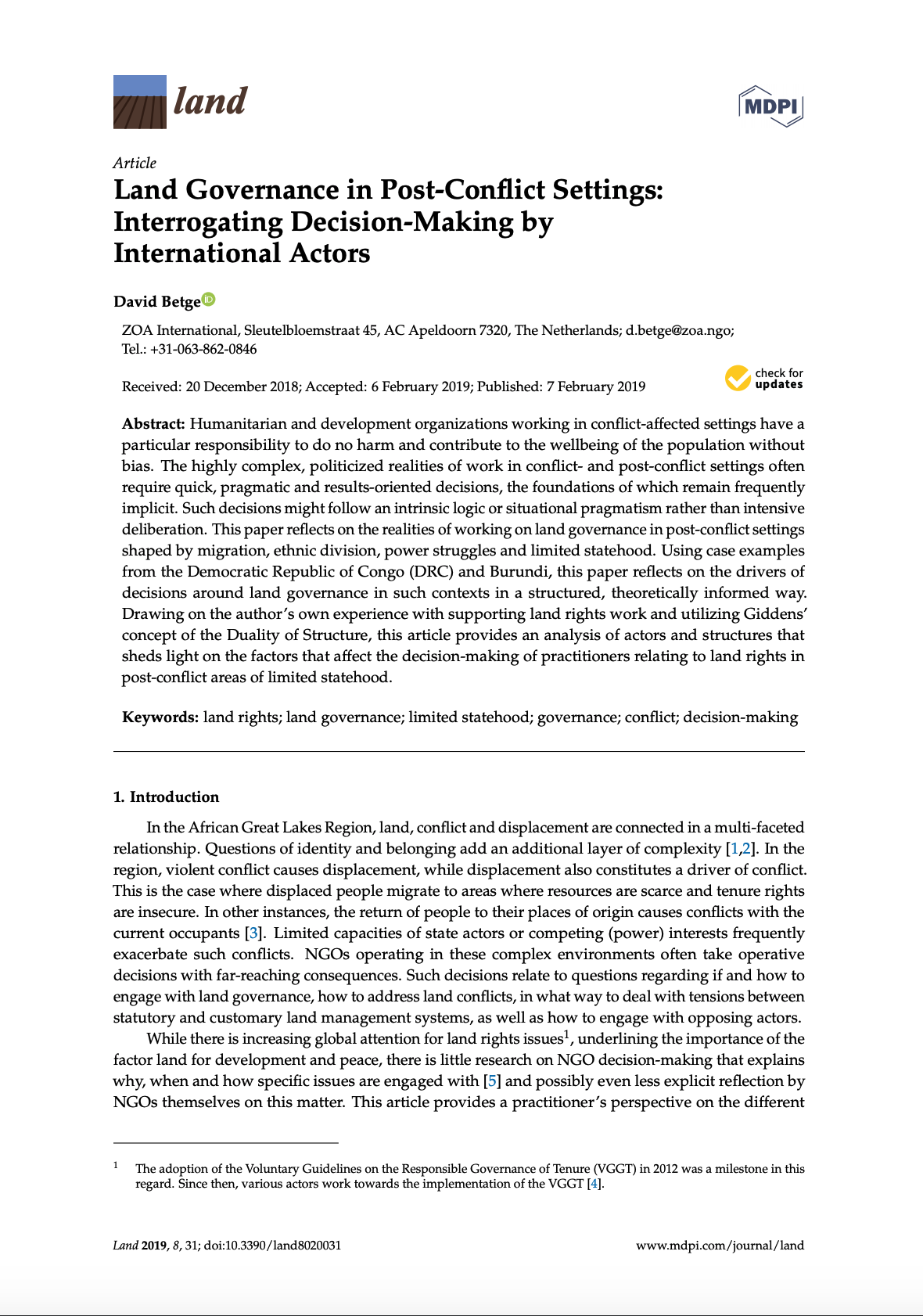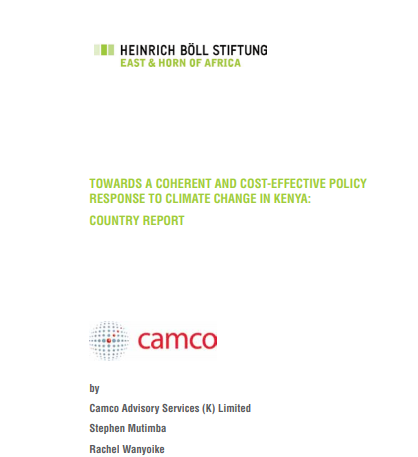Combating Land Degradation and Desertification: The Land-Use Planning Quandary
Land-use planning (LUP), an instrument of land governance, is often employed to protect land and humans against natural and human-induced hazards, strengthen the resilience of land systems, and secure their sustainability. The United Nations Convention to Combat Desertification (UNCCD) underlines the critical role of appropriate local action to address the global threat of land degradation and desertification (LDD) and calls for the use of local and regional LUP to combat LDD and achieve land degradation neutrality. The paper explores the challenges of putting this call into practice.

